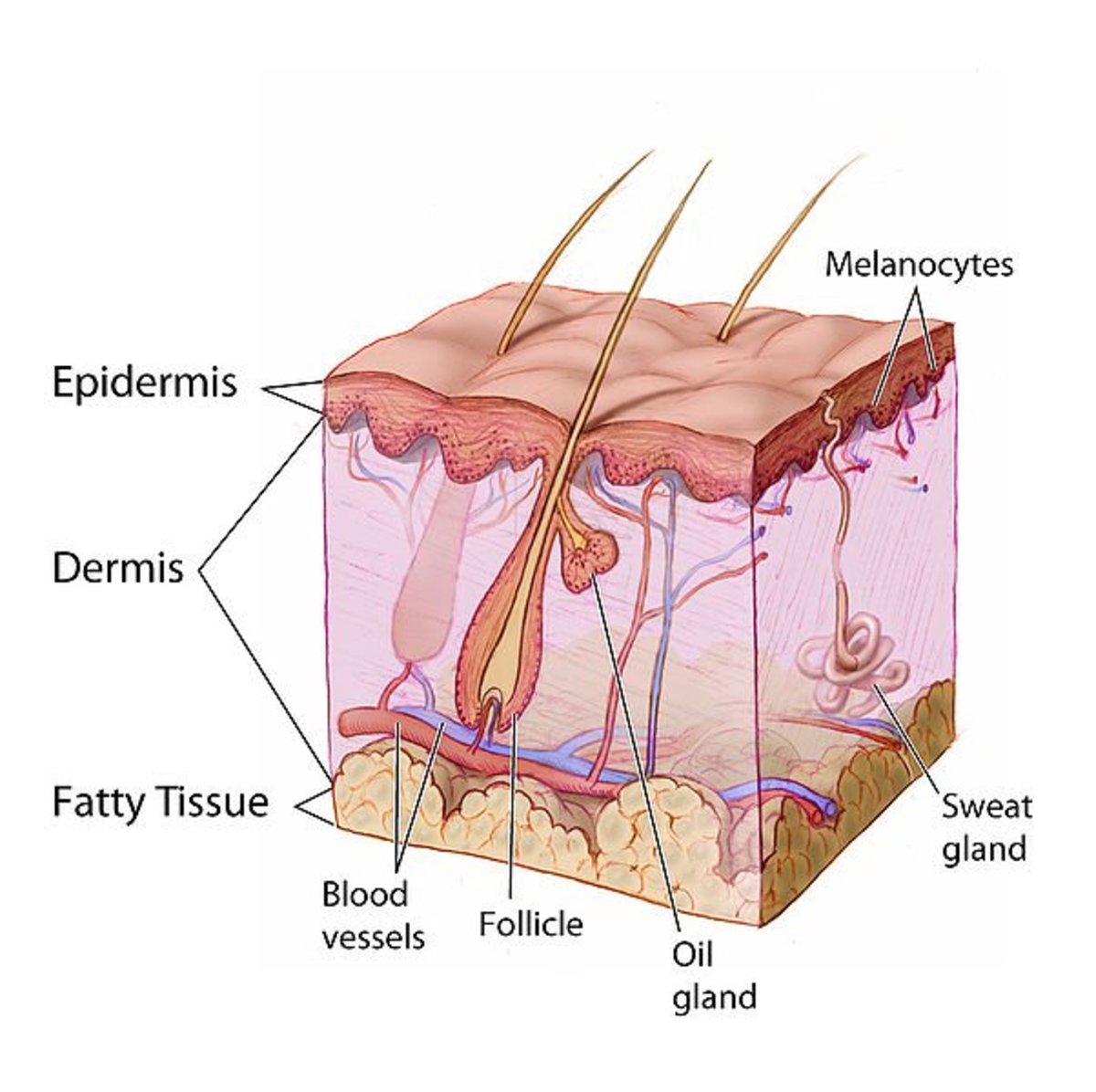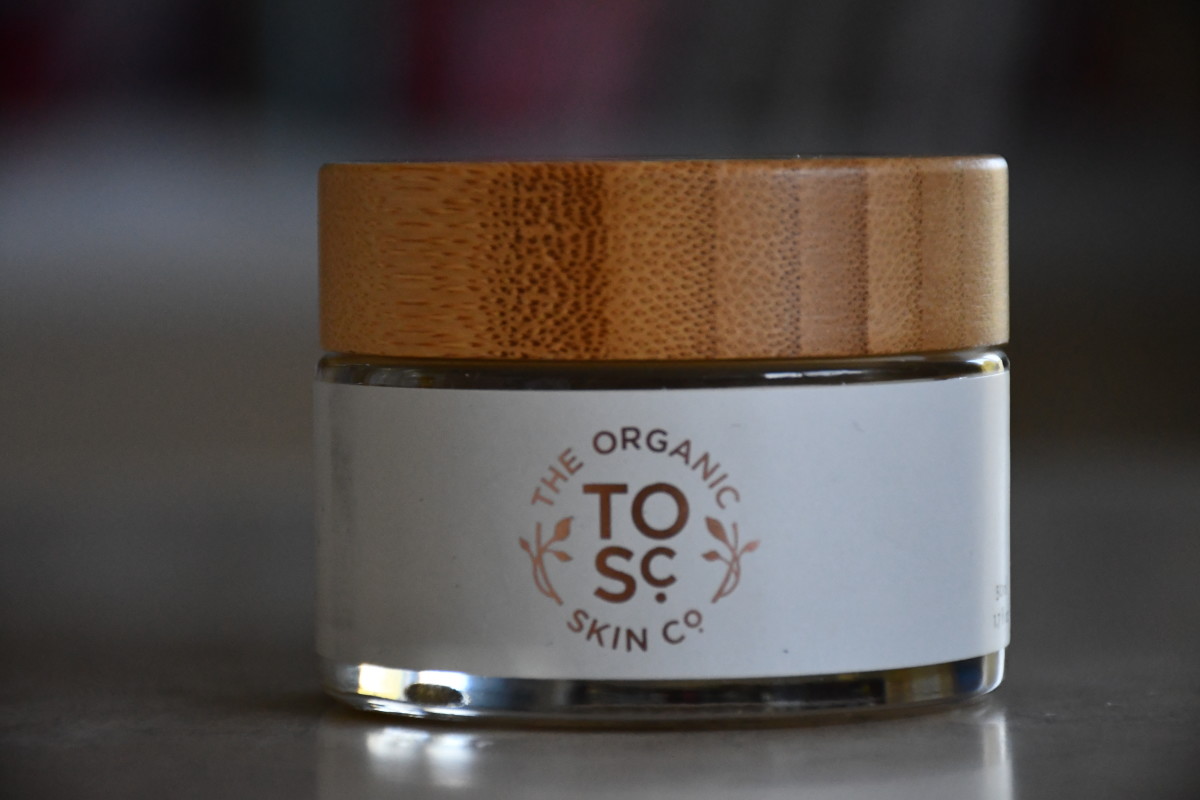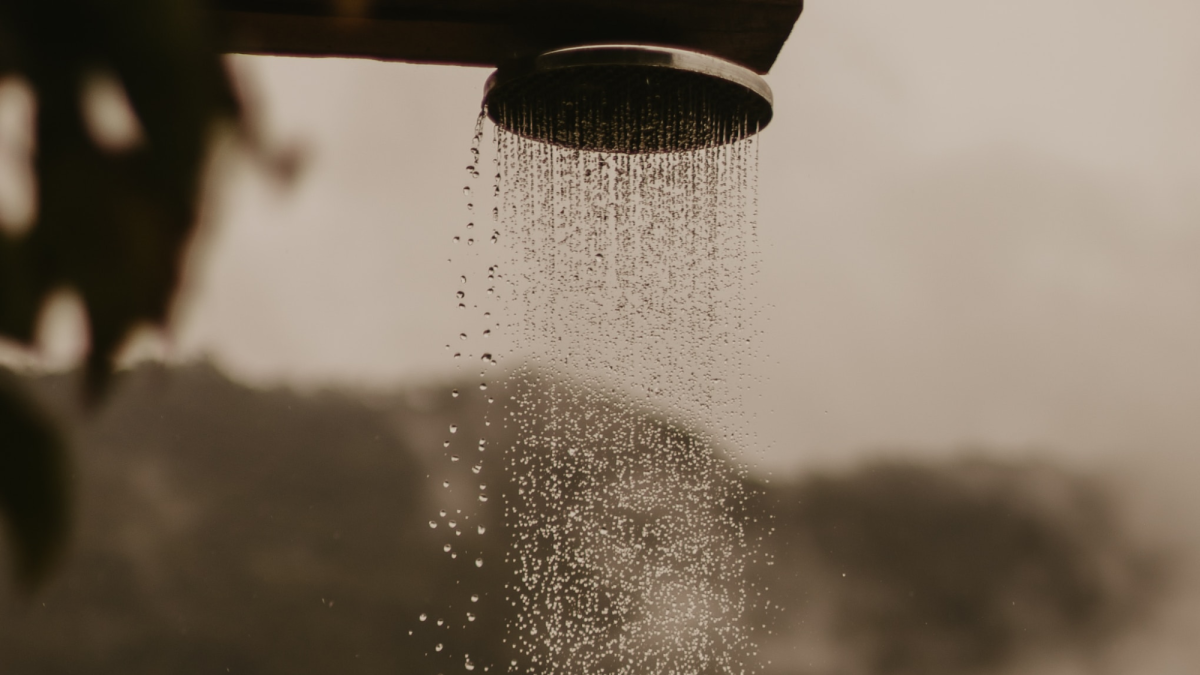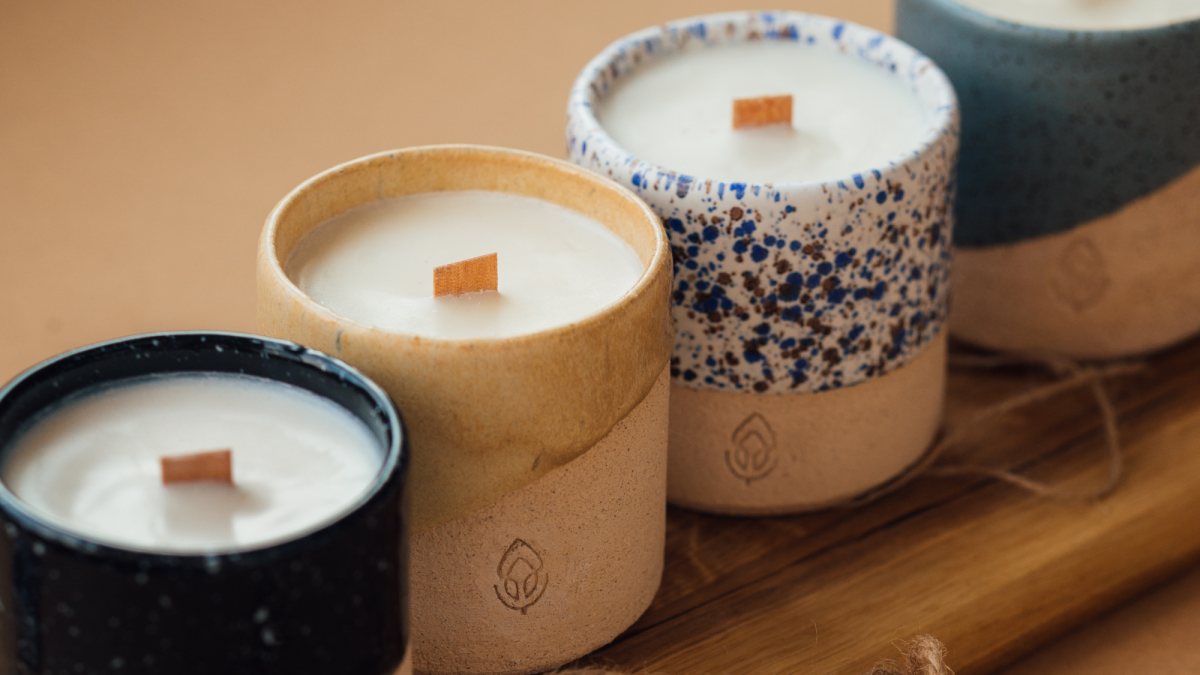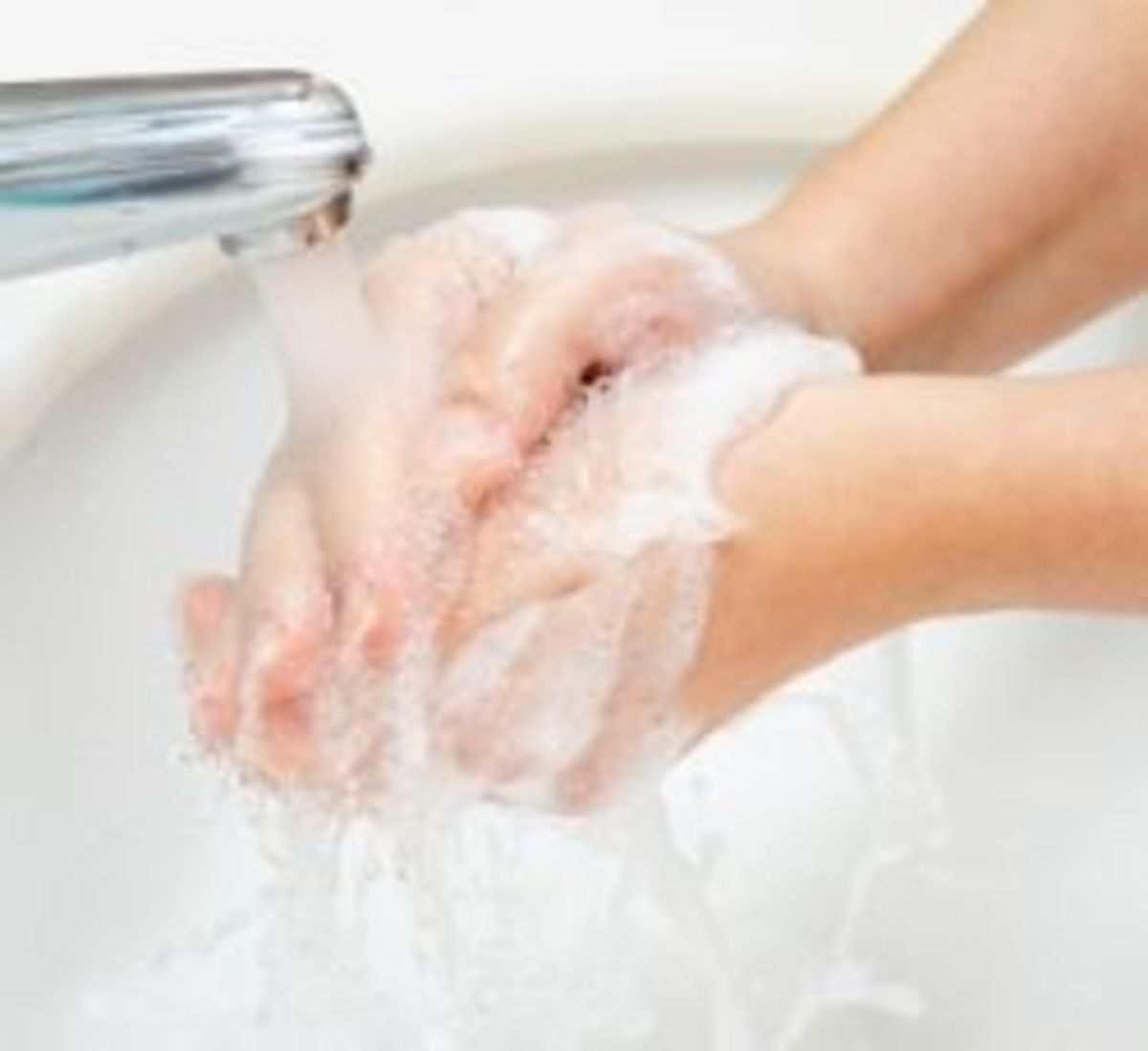Observe National Winter Skin Relief Day- Winter Skin Care Guide

The frigid, dry winter months really take a toll on our skin. Finding ways to maintain our skin’s healthy glow and natural moisture becomes a priority. As a way of raising consciousness for the increased attention that your skin requires through the winter, CeraVe Skincare introduced National Winter Skin Relief Day, celebrated on January 8th. In credit to this day, here is a handy guide to maintaining healthful, hydrated, and beautiful skin all winter long.
Stay Moisturized
The winter months require a heavy-duty moisturizer, not the same old lotion you use during the summer. Your winter moisturizer should be either a cream or an ointment and it should be oil-based. The oil produces a protective barrier around your skin that seals in moisture.
Some oils should never be used on your face so choose your moisturizer cautiously. Look for oils that do not clog pores, such as almond, mineral, primrose, or avocado. Shea and butter oils are known to clog pores and so should be avoided.
Be sure to slather on moisturizer daily, particularly after bathing as applying moisturizer to wet skin locks the moisture in.
Avoid Hot Showers and Baths
Who isn’t tempted to take a long hot bath on a cold wintery day? However, no matter how tempting it is, you should not do this. Hot water dries out your skin by removing its natural oils. For this reason, short baths taken in tepid water are best. Additionally, you should always choose organic skincare products and cleansers. Finally, never rub your skin while drying off. Pat yourself dry instead.
Get a Humidifier and Some Houseplants
As your heater warms your home, it also puts out hot, dry air. This causes you to have dry, irritated skin as well as cracked, dry lips and dried nasal passages. An easy way to combat this is to fill your home with some well-placed houseplants and perhaps a small humidifier in each of the main rooms. These disperse moisture into the air, helping your skin stay hydrated and retain its healthy glow.
Avoid Wet Socks and Gloves
Wearing wet socks or gloves for a prolonged period of time can lead to an eczema flareup, cracked skin, severe itching or sores. Always remove damp socks or gloves as quickly as possible.
Use Sunscreen
The sun reflects off the snow by 80% on very bright winter days. Regardless if you are trudging through the parking lot on your daily errand run, or blissfully skiing in Aspen, using sunblock on those cold winter days is every bit as important as it is during the steaming hot days of summer.
And for that matter, use sunscreen on those dark and gray winter days too. The sun’s damaging UV rays can cut through the cloud cover, causing harm to your skin. No less than a half-hour before heading out, slather on a broad-spectrum sunscreen with moisturizer.
Grease Your Feet
Occasionally apply exfoliates to your feet to remove dead skin. This will allow any moisturizers that you use to penetrate deeper into the skin. For the harsh winter months, your feet will need lotions that include glycerine or petroleum jelly.
Eat Healthy Fats
A diet that includes a lot of healthy fats is quite beneficial in the prevention of dehydrated skin. Omega-3 and other essential fatty acids build up the natural oils within your skin, which keeps your skin hydrated. A lack of essential fatty acids in your diet can lead to acne flareups as well as dehydrated skin. Be sure to consume Omega-3 rich foods such as herring, tuna, walnuts or flax.
Exfoliate Less
Exfoliating is necessary as it eliminates flaky, dry skin. However, it should be limited to twice a week during the winter. Also, be sure to use only gentle pressure while scrubbing as your skin is very fragile this time of year.
Avoid Irritants and Allergens
Your skin is more delicate during the winter months. Therefore, you need to avoid irritants and allergens, especially if you suffer from dermatitis, psoriasis, or eczema. You also avoid irritating clothes such as wool. Replace chemical-laced detergents with mild cleansers made for sensitive skin.
Celebrate your skin on National Winter Skin Relief Day and continue to protect your skin all winter long by following the advice in this guide.

